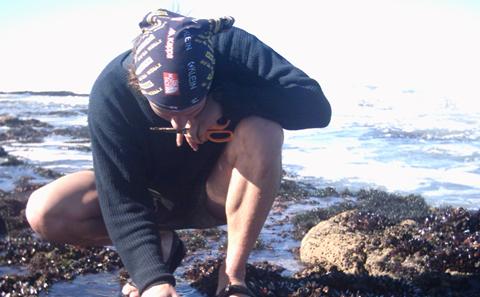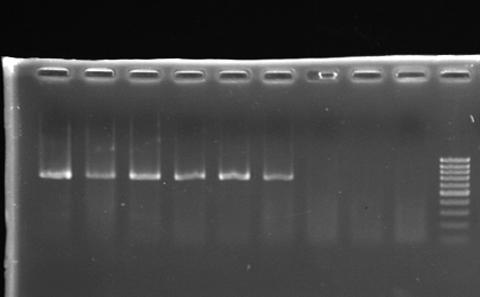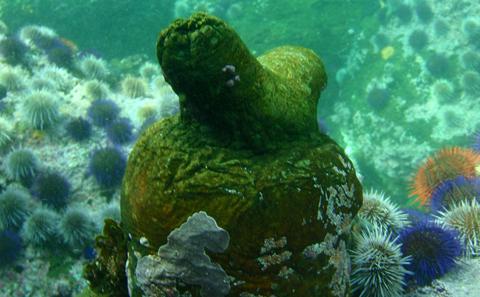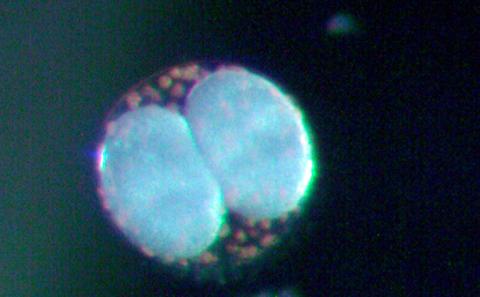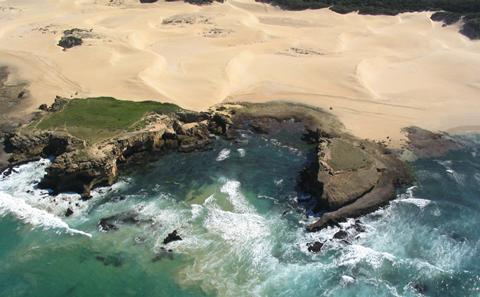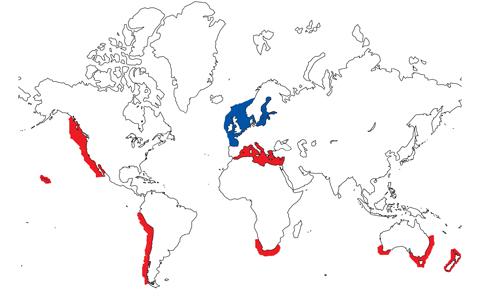Dr Marc Rius PhD
Visiting Academic
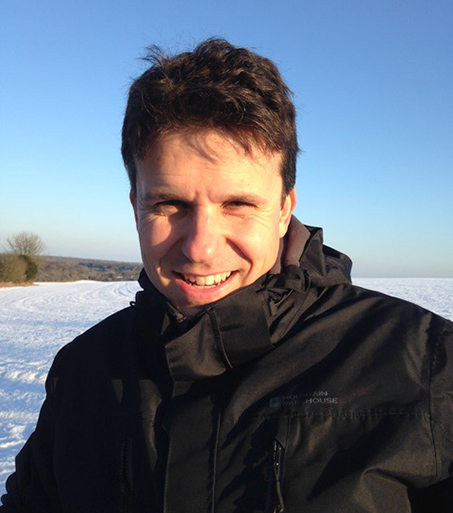
- Related links
- Personal homepage
Dr Marc Rius is a visiting academic within Ocean and Earth Science, National Oceanography Centre Southampton at the University of Southampton.
My research focuses on understanding the underlying mechanisms that determine species ranges and how human activities reshape biotic communities. My research group (Ecology & Evolution Lab) incorporates cutting-edge analytical and genetic techniques to conduct studies on biogeography, community ecology, population genetics and conservation biology.
View my Google Scholar Profile
View my Research Gate Profile
POSITIONS HELD
2015 - present: Research Fellow, University of Johannesburg, South Africa
2014 - present: Lecturer (Assistant Professor), University of Southampton
2013: Marie Curie Postdoctoral Fellow, Centre for Advanced Studies of Blanes, Spain
2011-2012: Marie Curie Postdoctoral Fellow, University of California, Davis, United States of America
2009-2010: Centre for Invasion Biology Postdoctoral Fellow, University of Cape Town, South Africa
2008: PhD (Biological Sciences), University of Barcelona, Spain
2004: MSc (Marine Biology), Rhodes University, South Africa
